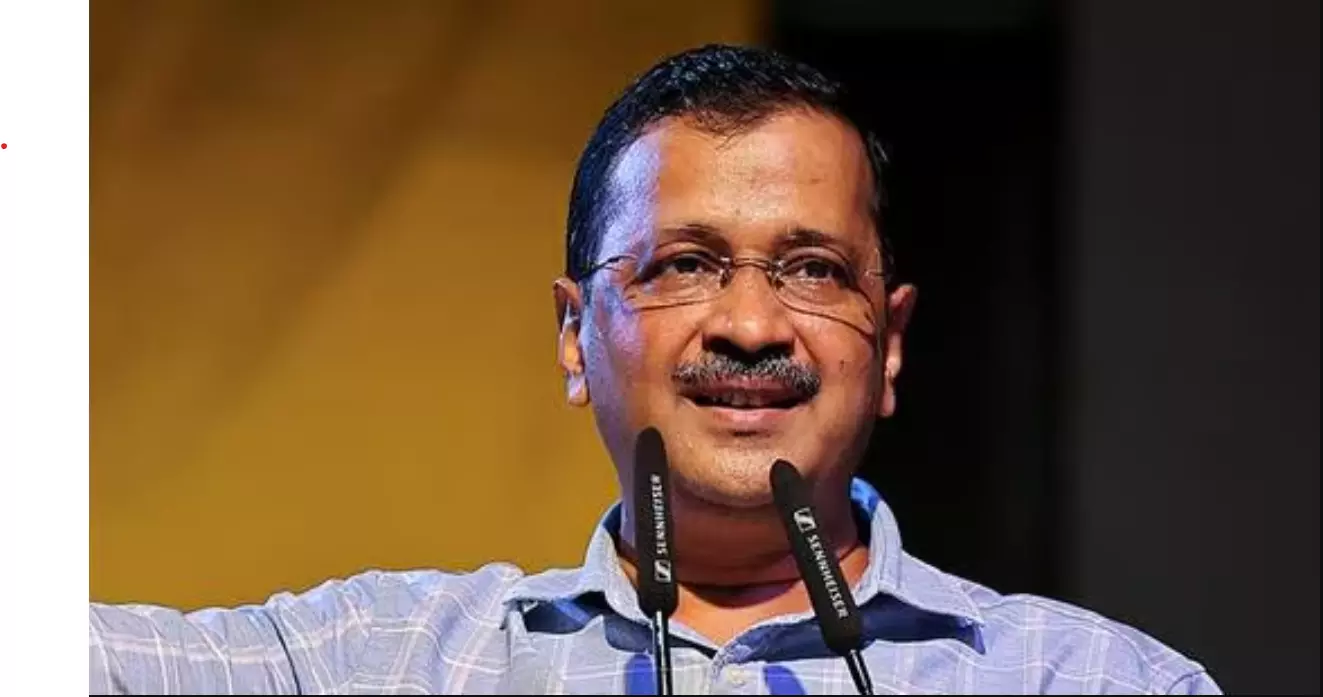Timely relief

Delhi Chief Minister Arvind Kejriwal’s arrest a month ago had sparked a political controversy, the reverberations of which were felt internationally as well. Officials from the US and Germany had called for “fair and impartial” trial in the case. Within the country, political leaders across the party line came in support of Kejriwal, floating scathing criticism of the Central government’s “undemocratic” manoeuvrings. The government responded, with utter disdain, towards criticisms — both domestic and international. Kejriwal’s absence from poll campaigns halfway through the General Elections might already have worked in favour of the ruling BJP. It had created a considerable gulf, tilting the momentum of poll campaigns slightly towards the saffron party. But now, credit to Supreme Court’s intervention, Kejriwal is out on an interim bail — a legal entitlement denied to him earlier by the Delhi High Court. He has now stepped up the criticism against the BJP. Contrary to the NDA’s ambitious target of crossing the mark of 400 seats, Kejriwal has predicted, based on his conversation with “poll experts”, that the alliance would manage to corner 220-230 seats, but will fail to form the government.
Aware of the fact that a major part of NDA’s campaign is woven around the towering image of Narendra Modi, Kejriwal, by speculating his “retirement”, has tried to hit the hammer at the very core of BJP’s poll strategies. However, his speculation has been bluntly dismissed by the top brass of the BJP. Nevertheless, his hard-hitting rhetoric targeting BJP’s “authoritarian” methods of stifling the opposition could find some resonance among the electorate. It won’t be wrong to say that with Kejriwal’s interim bail, the INDIA alliance has got a shot in its arm when it matters the most. Still, the overlapping of political and legal processes that led to the distancing of one of the prominent opposition faces in the country from half of the electoral campaign paints a dismal picture.
The Supreme Court took its due time in arriving at the conclusion that Kejriwal is not a hardened criminal and that there won’t be any misuse if he is out temporarily — the essential prerequisites for interim bail. It also clarified that interim bail is considered on a case-to-case basis, adding that his release on bail won’t set any “wrong” precedent. But in the entire process, the irreparable loss of the opposition camp in terms of campaigning will have to be left unaccounted for. One may argue that law and politics should take their due course and time. Technically, this might seem to be an uncontested argument, but practically, something remains amiss and hidden in this consideration — political intent and fairness of the ruling class. These are the abstracts that shape the outline of legal-political processes at large. In absence of a fair approach and positive intent of the ruling party, the legal-judicial outcomes remain watered down.
Beyond the legal and political ramifications, Kejriwal's case raises broader questions about the intersection of power, accountability, and public trust. As elected representatives, politicians bear the responsibility of upholding the public trust and serving the interests of the people. Any perception of impropriety or misuse of power undermines the democratic fabric and erodes public confidence.
Amid all the political drama, one has to be grateful to the Supreme Court for making the right legal interpretation at the right time, and ensuring that factors behind people’s choices in a democracy are not skewed.



